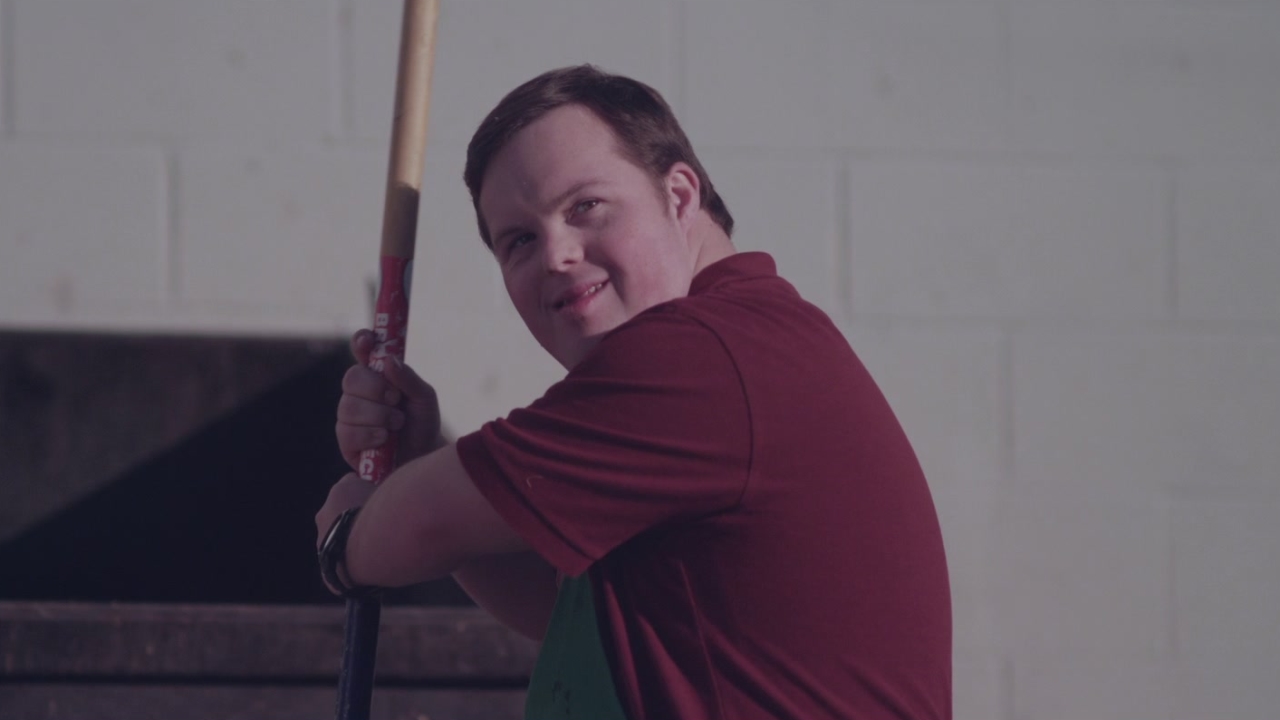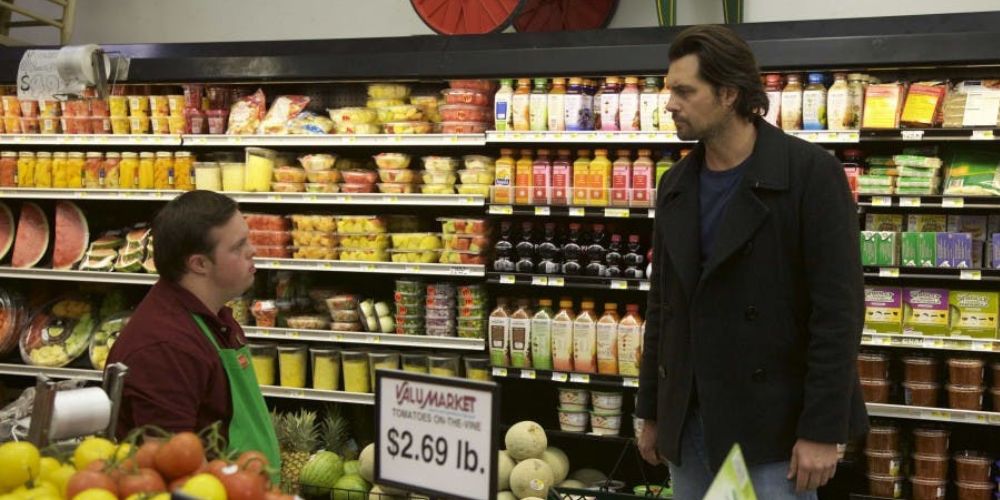Helmed by Chris Dowling, ‘Where Hope Grows’ is an inspiring drama film that spins a heartwarming tale of friendship and redemption. It follows Calvin Campbell, a former professional baseball player for the Detroit Tigers, who is struggling with early retirement. He turns to the bottle to cope with his failure, much to the disappointment of his 17-year-old daughter, Katie. However, things take a turn when Calvin comes across Produce at his local supermarket. Produce works at the fruit and vegetable aisle while living with Down syndrome.
Moved by Produce’s ever-joyful and enthusiastic approach to life, Calvin builds up a unique connection with him. Witnessing Produce fighting his own battles inspires Calvin to climb out of his personal pit of despair. He discovers Produce’s talent for baseball and becomes his trainer. The 2015 film keeps the depictions of personal and professional struggles well grounded. As such, it finely blends the lines between the narrative and the real world.
Where Hope Grows Blends Fiction With the Real Struggles of Alcoholism
The events of ‘Where Hope Grows’ are a work of fiction written by the director, Chris Dowling, himself. However, the story of Calvin Campbell’s alcohol dependence after retiring from major league baseball mirrors the experience shared by many athletes across sports. In MLB itself, former New York Yankees pitcher CC Sabathia stepped down at the peak of his career in 2015, coming to terms with his cripling addiction. In an interview with Business Insider, the All-Star player and 2009 World Series Champion stated that drinking was part of baseball culture.

However, as did Calvin, Sabathia received help to overcome his condition. Moreover, as Calvin goes on in the film to help the grocery section boy, Produce, at his local supermarket, Sabathia turned his life around to educate other people on the ills of substance abuse. He urges those going through addiction to try and curb it as early as possible, as with age, “that alcohol dependency can turn into something bad, so get some help now.” Both the reel and real world athletes become upstanding citizens, ringing true the importance of patience and second chances as shown in the film.
Where Hope Grows Heralds Real Change Through Its Casting
Like the story, the production process of ‘Where Hope Grows’ champions inclusivity and the indomitable human spirit by casting David DeSanctis as Produce. He became one of the first actors with Down syndrome to play a leading role in an English feature film at the age of 22. Interestingly, producer Milan Chakraborty discovered David after two different organizations, one of them being The Down Syndrome Lifelong Learning Center, reached out and recommended him. In a behind-the-scenes video, Milan admitted, “I couldn’t imagine (the casting) to be anyone else.” Kris Polaha, who plays Calvin, highlighted that David simply “blew away” any preconceived notion he had about Down syndrome. He added that his biggest takeaway from working with the actor is not to treat him differently from anybody else.

Much like Produce, David also turned out to be a skilled athlete. He excels at rowing, tennis, and bike riding, and has participated in the Special Olympics. Thus, in a wonderful turn of events, the on-screen success of Produce seemingly translated to David’s real life. Working 12 to 14 hours every day for 23 days, he memorized around 130 lines a day. He also came up with his own method to better acquaint himself with the scenes by pairing them up with songs. His favorite being Florida Georgia Line’s remix of “Cruise” and “Roar” by Katy Perry.
While David broke ground in the English film industry, actors with Down syndrome have appeared in feature films in other languages. One such example is the 1996 French comedy drama ‘The Eighth Day’, which tells the story of a businessman, Harry (Daniel Auteuil), and Georges (Pascal Duquenne), an institutionalized man living with Down syndrome. The two meet by accident and develop an unlikely friendship. In an interview with The Hollywood Reporter, David shared his mantra, “I want people to see me for my abilities, not my disabilities.” Thus, the film ensures that the portrayals resonate with the audience by being grounded in reality.
Read More: Is Down for Love Scripted or Real?


You must be logged in to post a comment.